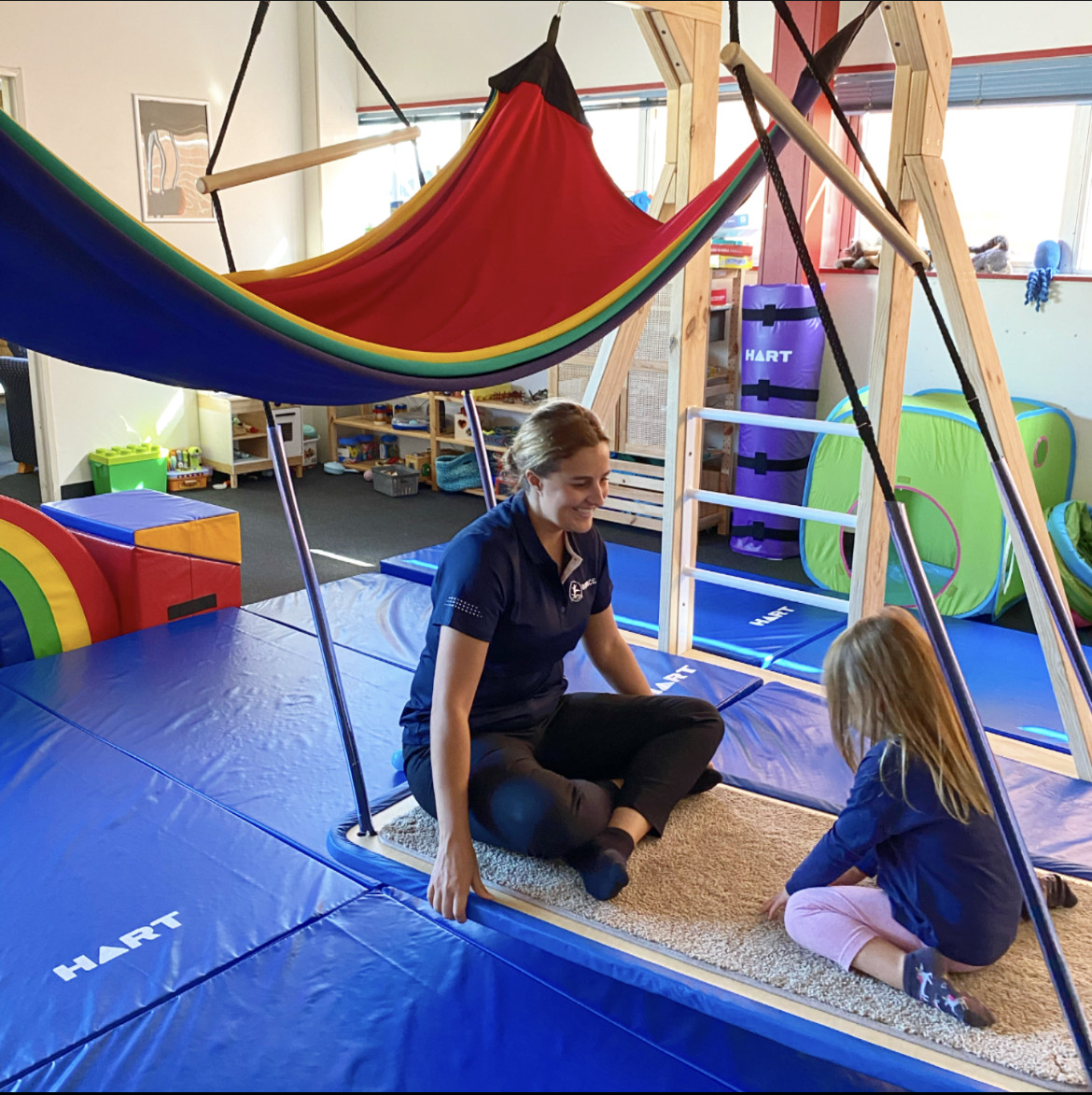Play & Interplay Therapies
An evidence-based, widely recognized and effective method for assisting children with their emotional development.
Play Therapy is an effective, child-centered technique used in Child Counselling or Psychotherapy to assist children with their emotional development, behavioural challenges, and understanding of their lived experiences and trauma. This humanistic, attachment-based therapy model is evidence-based and widely recognized as an effective method for working with children.
What is Child-Centered Play Therapy?
Child-Centered Play Therapy (CCPT) leverages the natural medium of play, which is essential for a child's learning and communication. For many children, play offers a more suitable and effective method than conventional talking therapies. In CCPT, the Therapist provides a safe and supportive environment where children can express themselves, explore their emotions, and work through issues at their own pace.
Core Components of Child-Centered Play Therapy:
Therapeutic Play: Using toys, games, and creative arts, children can express their thoughts and feelings in a non-threatening way. This play is crucial for helping children process their experiences and emotions.
Therapeutic Relationship: The relationship between the Therapist and the child is central to CCPT. A strong, trusting bond allows the child to feel secure and understood, facilitating open communication and emotional expression.
Non-Directive Approach: In CCPT, the child leads the play, and the Therapist follows, providing a space where the child can explore their inner world freely and without judgment.
Benefits of Child-Centered Play Therapy:
Emotional Expression: Children can articulate complex emotions through play, which they might not yet have the words to express.
Social and Emotional Skills: Play Therapy helps children develop social skills, empathy, and emotional regulation techniques.
Behavioural Support: It can address and modify behavioural issues, promoting positive behaviour changes.
Confidence Building: Engaging in Play Therapy can boost a child's self-esteem and confidence.
Developmental Support: It supports age-appropriate development and helps children navigate developmental challenges.
Interplay Therapy:
Similar to Child-Centered Play Therapy, Interplay Therapy uses a non-directive approach to work with children and their caregivers. Interplay Therapy recognizes the critical role parents and caregivers play in a child's therapeutic process. This therapy model is built on the foundation that the involvement of parents and caregivers is vital to the overall psychological, emotional, and behavioural growth of the child.
Core Components of Interplay Therapy:
Family Involvement: Parents and caregivers are central to the therapeutic process, actively participating in sessions to support their child's growth and development.
Non-Directive Play: Children lead the play, with parents and Therapists following, creating a collaborative and supportive environment.
Holistic Approach: Interplay Therapy addresses the child's needs within the context of their family, promoting holistic healing and growth.
Who Can Benefit from Play Therapy?
Play Therapy is particularly beneficial for children aged 3 to 12, but it can also be effective for older children and even adults. It is helpful for addressing a wide range of issues, including:
Anxiety and Depression: Helping children understand and manage their emotions.
Behavioural Disorders: Addressing issues like aggression, hyperactivity, and defiance.
Trauma and Abuse: Assisting children in processing traumatic experiences and reducing symptoms of PTSD.
Family Issues: Helping children cope with family changes, such as divorce or the death of a loved one.
Developmental Disorders: Supporting children with autism, ADHD, and other developmental challenges.
A powerful tool for helping children navigate their emotional and psychological challenges.
Play Therapy is a powerful tool for helping children navigate their emotional and psychological challenges. Through the natural and familiar medium of play, children can express themselves, develop crucial skills, and heal from trauma. Both Child-Centered Play Therapy and Interplay Therapy provide supportive, effective approaches to foster a child's emotional and psychological well-being.
If you feel this would be of benefit, or would like to find out more, please contact us today.


